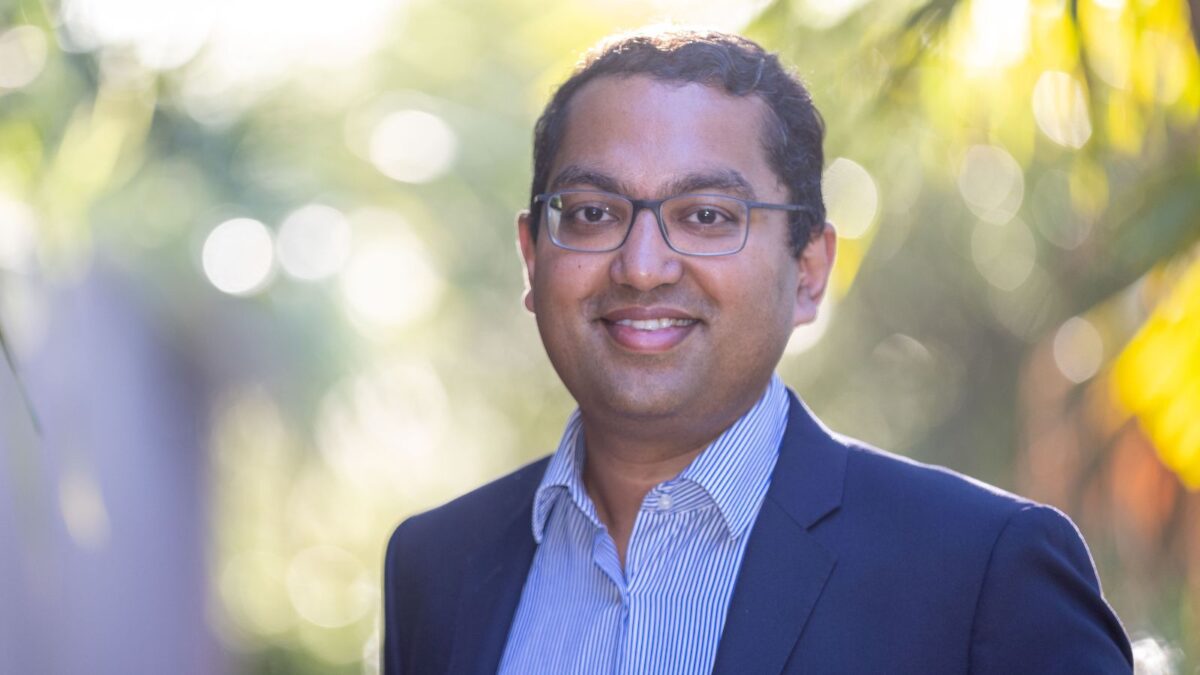Look beyond energy for impact opportunities: T. Rowe Price
Impact investing has only gotten tougher in the last few years, with the Magnificent Seven dominating markets and geopolitical tension driving the price of commodities and fossil fuels higher.
But the opportunity to find companies that can “truly make a difference” hasn’t gone anywhere, according to Hari Balkrishna, portfolio manager for T. Rowe Price’s global impact equity strategy – and impact doesn’t mean missing out on the big themes animating markets.
“Impact focuses on companies providing environmental and social solutions to the world’s most pressing needs,” Balkrishna tells ISN. “In this sense, It tends to own stocks that are meaningfully different to the typical global equity fund or the index, so it’s helpful in providing diversification from the Mag Seven stocks by having different exposure.”
Despite its vast energy demands, Balkrishna says that artificial intelligence is one way to achieve the Sustainable Development Goals (SDGs) faster. Its analytical and predictive capabilities can be put to work in fields like power grid optimisation and reliability, while machine learning technologies are already helping in drug discovery and improvement of diagnostic processes.
And though AI does have significant energy requirements, mitigating them is another way to achieve impact – through companies that manage data centre infrastructure, including cooling solutions that can help them run more efficiently.
“(But) the worries around employment, jobs, and careers are real,” Balkrishna says. “We should also be concerned by the information that feeds these AI systems being created in our current societal image. The fact that AI developers tend to be men can potentially lead to gender biases in AI outputs. This is why responsible and ethical AI matters, and it’s important to understand how companies disclose that information.”
Opportunities also abound in GLP-1 drugs – anti-obesity medication – the proliferation of which represents a “watershed moment for the healthcare sector” given their efficacy in treating both diabetes and obesity. Early research also shows that they can reduce alcohol cravings and reduce sleep apnea, Balkrishna says.
“The potential longer‑term medical benefits from GLP‑1s are enormous, given obesity has been identified as an upstream driver of more than 200 different diseases. But we also have to be aware of their distribution. Due to variable insurance coverage, there is potential for a widening in health inequalities.
“For example, in the United States, research has found that the uptake of GLP‑1 therapies for use in treating diabetes is far reduced within the population living in socioeconomically disadvantaged areas, having low income and education levels, or belonging to racial or ethnic minorities.
Balkrishna is also looking for impact opportunities in the energy transition beyond renewables, like precision agriculture technology that improves crop productivity and cuts down on fertiliser use, as well as technologies to limit waste in manufacturing chains.
“While decarbonization has been one of the most invested sustainability themes, some companies in the renewable energy ecosystem have faced challenges due to recent macroeconomic shifts,” Balkrishna says. “Supply chain disruptions, inflation, and higher interest rates have all provided headwinds for the sector.”











